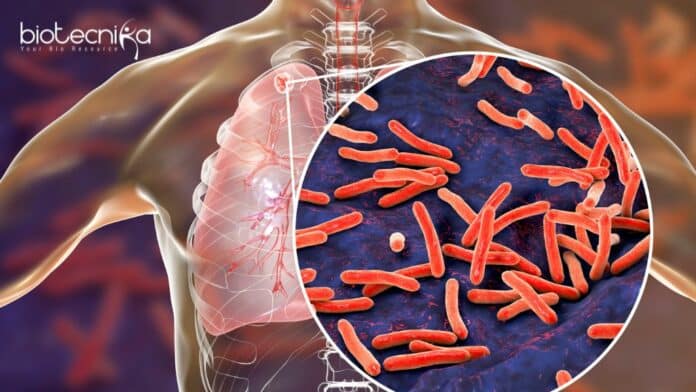Shorter Tuberculosis Drug Regime A pivotal phase has begun in South Africa, marking a significant step in the quest for more effective tuberculosis treatment. Sponsored by the Bill & Melinda Gates Medical Research Institute, a Phase II clinical trial is now underway to assess five antibacterial compounds across two novel drug regimens, all aimed at reducing treatment duration. Tuberculosis remains a global health threat, with 10.6 million new cases and 1.6 million deaths reported in 2021. The current six-month treatment involving multiple antibiotics has seen little change for nearly 50 years.
The trial, managed by the Project to Accelerate New Treatments for Tuberculosis (PAN-TB), aims to shorten treatment to four months or even two. This collaborative effort involves the Gates MRI, the Bill & Melinda Gates Foundation, the TB Alliance, and pharmaceutical companies Evotec, GSK, Johnson & Johnson, and Otsuka Pharmaceutical.
Charles Wells, Head of Therapeutics Development at Gates MRI, highlighted the burden of extended treatment, particularly in low- and middle-income countries where TB is prevalent. The trial targets over 500 patients with drug-susceptible tuberculosis, with additional sites set to open in the Philippines and Peru.
The Gates MRI, established in Boston in 2018, focuses on developing drugs, vaccines, and diagnostics for diseases afflicting disadvantaged countries. Following a recent commitment of $550 million from the Gates Foundation and Wellcome, a Phase III study for an experimental tuberculosis vaccine was initiated.
Previous attempts at shorter treatments faced challenges, but recent studies offered hope. An optimized drug combination was found to treat tuberculosis in four months, while another suggested two months might suffice for most patients. Building on these qualified successes, the PAN-TB study will initially enroll around 129 participants, comparing two experimental 4-month regimens to the standard 6-month treatment. Both regimens include Sirturo, quabodepistat, and sutezolid, with a fourth drug varying between Deltyba and pretomanid.
If either experimental regimen proves as effective as or better than the standard treatment, it will proceed to a second stage involving around 400 patients, with varying treatment durations. The study’s goal is to expedite a viable agent for Phase III, while ensuring access for patients. This commitment to progress shines a light on the collaborative effort to combat tuberculosis and enhance global health.
Shorter Tuberculosis Drug Regime, Shorter Tuberculosis Drug Regime



